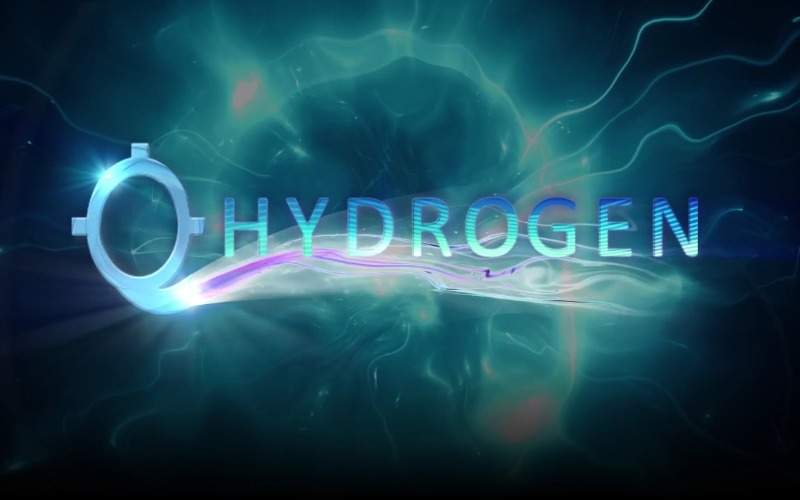Multinational corporations and innovative startups are transforming the clean energy economy. Technological advancements in this space require both private investments and government incentives.
An essential component of clean energy production is collaborating with regulatory agencies to refine guidelines with comprehensive stakeholder input. Q Hydrogen is dedicated to working with local, state, and federal regulators to ensure that our renewable hydrogen plant in New Hampshire, the first of its kind in the world, meets all regulatory requirements.
Several strategies to optimize progress include:
1. Conducting Regulatory Research
Navigating the complex regulatory environment will involve facing an array of government agencies, each responsible for compliance. Clean energy companies must research all aspects of their business and the applicable regulations. This allows leaders to make evidence-based decisions, develop policies, set realistic timelines, and identify gaps between current practices and regulatory requirements.
2. Communication With Industry Peers and Trade Associations
Engaging with industry peers and trade associations helps leaders to identify successes and uncover obstacles.
Trade associations regularly interact with regulatory bodies and understand compliance requirements and standards. Businesses should subscribe to industry newsletters and regulatory alerts to stay informed of these interactions.
3. Team Assignments, Timelines and Trackable Documents
When working with state and federal agencies, a clear understanding of all current regulatory requirements is essential for successful preparation, communication, and execution. To avoid costly delays and legal issues, create a detailed compliance plan outlining how your organization will meet each regulatory requirement. This helps ensure that every team member stays informed of progress and next steps. Breaking down each regulatory requirement, the associated work, task sequence, and allocated resources, as well as estimating the time and effort needed for each task, will significantly impact the desired outcome.
4. Current Laws and Lobbying
Current laws and regulations change often at the state and federal levels. Many businesses invest in lobbying to have a voice in the rules and regulations affecting their operations. A lobbying strategy with a firm can enable policymakers and regulators to hear your concerns and opinions on upcoming legislation. It is important to involve regulatory bodies early and remain communicative throughout information gathering and application processes.
Consulting with legal experts and regulatory consultants can provide additional guidance tailored to your specific project and jurisdiction.
In addition, several market regulatory information management systems (RIMS) help to centralize, support, and streamline the regulatory environment.
5. Community Engagement
Building and maintaining a positive relationship with local communities requires collaboration, and understanding sensitivities around land use, wildlife protection, noise, and air ordinances. Communicating how the business will respond to local concerns and discussing positive impacts on the local community, such as job creation, are integral to gaining trust.
The complexity of clean energy investment, technology, production, and transportation makes patience essential for navigating the challenging regulatory landscape. Following a clear and consistent process is key to ensuring project success.











